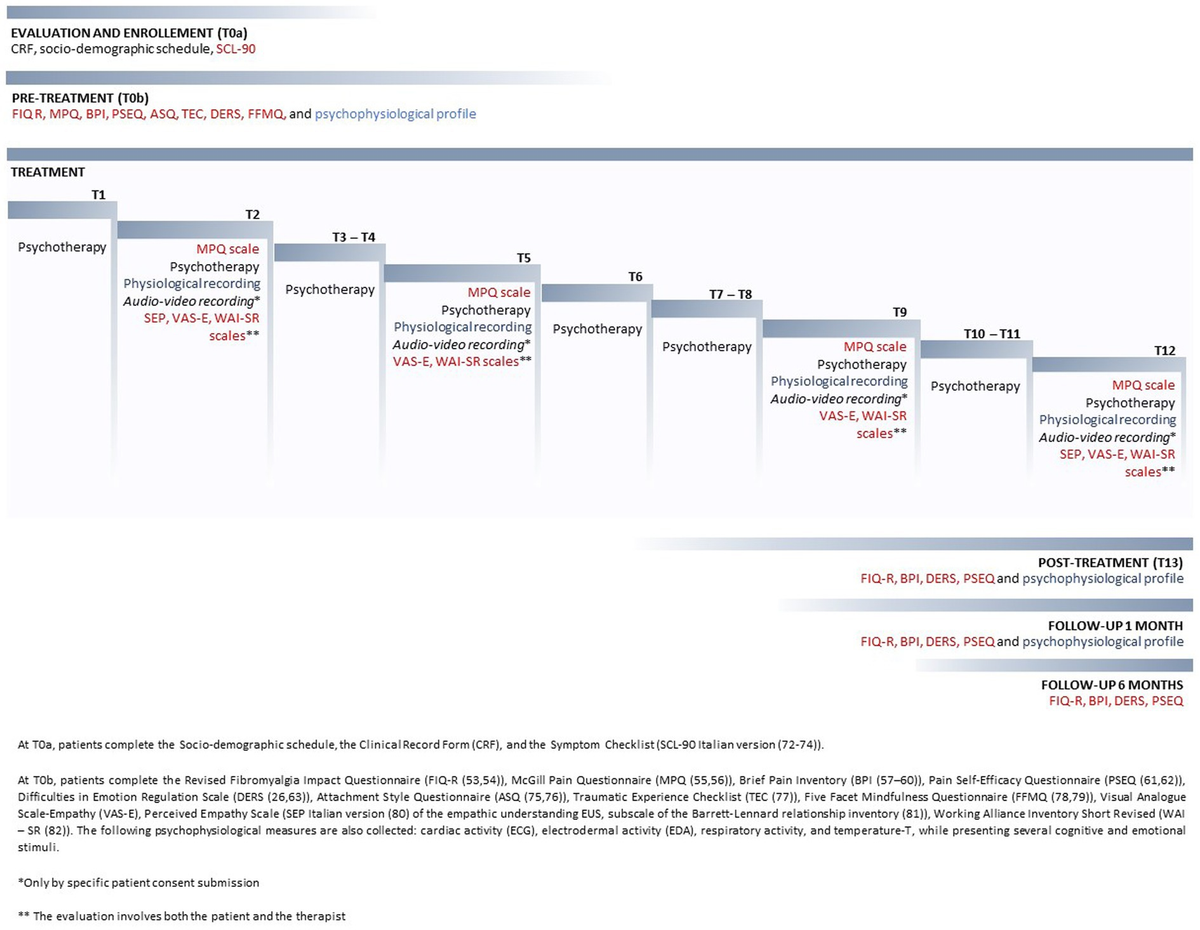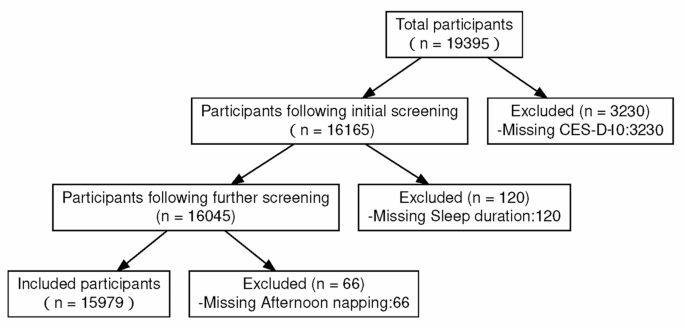For the past two decades, I have been proud to work in the addiction and recovery spaces, including eight years in my role as the director of Everyday Miracles Peer Recovery Center here in Worcester.

Unfortunately, substance-use disorders affect individuals from all walks of life, leading them to similar fates through various journeys. And it’s not uncommon to hear from people struggling with addiction that their journey started in a doctor’s office.
The overprescription of opioid painkillers has been one of the great public health challenges of the 21st century, with many people’s first-time encountering an addictive substance happening during pain-management treatment.
The Massachusetts Legislature is looking to tackle this challenge with commonsense solutions to ensure more patients have access to affordable and safe nonopioid alternatives for pain management. It’s not an understatement to say that passing this legislation will quite literally save lives.
Treating pain almost exclusively with opioids has been disastrous for our communities.
Across the country, some 3.75 million people, or 9.2% of patients, have struggled with long-term opioid use after a low-risk surgery. Here in Massachusetts, 35.3 opioid prescriptions were written per 100 people in 2018. Drug-overdose deaths, particularly ones involving opiates, have stayed stubbornly high, with more than 2,000 people in Massachusetts dying every year for the past eight years.
The state Senate is considering House Bill 4743, which would encourage the use of nonopioids to treat pain without hamstringing doctors or patients.
One crucial piece of House Bill 4743 is ensuring that patients receive information about alternative, nonopioid pain management treatments. The bill would require the Massachusetts Department of Health to publish a pamphlet discussing different pain treatments, whether cutting-edge, nonopioid pharmaceuticals or massage and physical therapy.
The bill would also require doctors to discuss these alternatives with patients. By making sure that patients have the opportunity to learn and ask questions about various pain-management treatments, they can trust that they have an expert opinion before choosing the option that is right for them.
Another barrier to treatment that House Bill 4743 looks to remove is utilization management, a process where certain treatments must be individually authorized before insurance covers them.
If we want to fight opioid abuse, it is key to make sure other pain treatments are regarded as equal to opioid painkillers, which do not require utilization management. By treating nonopioid alternatives equally and simplifying their prescription to that of an opioid, we can remove the insurance barriers that can push patients toward addictive painkillers.
Statistics, facts and figures are important in analyzing any public policy, but we have to remember the human impact that the opioid epidemic has had on individuals and their communities. One overdose death means someone who will never celebrate another birthday, go out with friends or have dinner with their family.
We can work to stop substance-use disorder before it even begins through commonsense insurance reforms to allow for widespread implementation and leveraging the trusted relationship between a patient and their doctor. The political will needs to be there, and I call upon the state Senate to work toward the passage of House Bill 4743.
Michael Earielo is program director of the Everyday Miracles Peer Recovery Support Center in Worcester.












